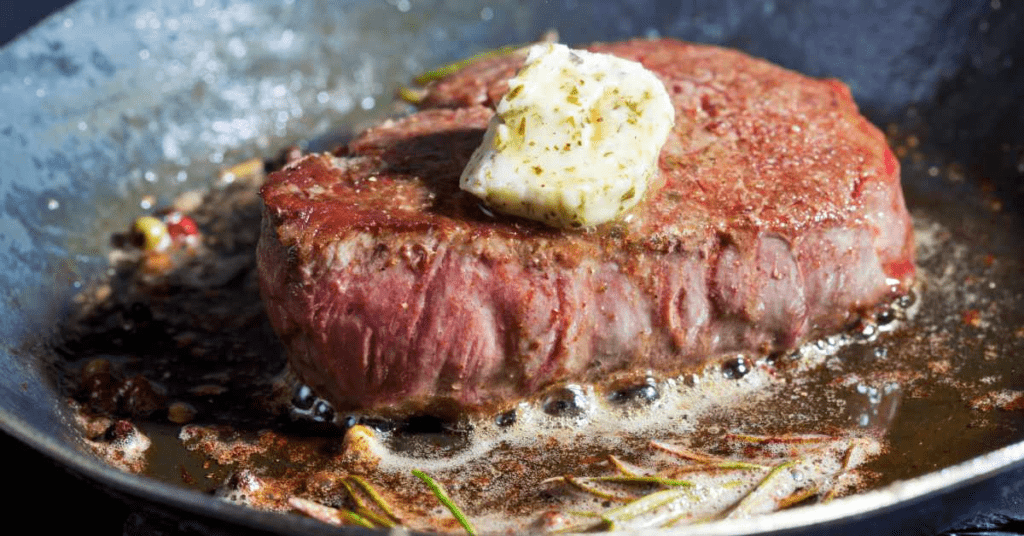How the Carnivore Diet Affects Your Skin?

In recent years, the carnivore diet, which advocates for a meat-heavy, no-carb eating plan, has gained popularity among those looking to shed pounds and boost energy. While it may seem appealing to some, a startling case from Tampa, Florida highlights the potentially alarming consequences of such extreme dietary habits. A man in his forties began leaking chunks of cholesterol from his skin after months of indulging in a high-fat, animal-based diet. His story serves as a cautionary tale about the hidden dangers of ignoring moderation in food choices.
A Strange and Alarming Symptom
The man, who had been following the carnivore diet for about eight months, started experiencing unusual symptoms. He noticed pale, yellowish nodules forming on his palms, soles, and elbows. These strange lumps, initially overlooked, prompted him to seek medical attention three weeks later at Tampa General Hospital. Little did he know, these deposits were the result of dangerously high cholesterol levels coursing through his bloodstream.

Credits: men fitness
Upon examination, doctors discovered the man’s blood cholesterol levels had skyrocketed to more than 1000 mg/dL. For context, according to Johns Hopkins Medicine, a cholesterol level of less than 200 mg/dL is considered normal, while anything over 240 mg/dL is classified as high. The man’s condition was alarming, especially given the fact that his diet—consisting of an overwhelming amount of cheese, butter, and fatty meats—had led to this extreme cholesterol build-up.
The Root of the Problem: The Carnivore Diet
The carnivore diet is a strict eating plan that eliminates carbohydrates entirely, focusing on high-protein and high-fat animal-based foods. Followers of this diet consume large amounts of meat, fish, eggs, organ meat, and dairy, while excluding grains, vegetables, and fruits. The man in this case report followed this regimen rigorously, consuming 6 to 9 pounds of cheese, sticks of butter, and additional fats in his daily meals.

While the man reported weight loss, increased energy, and improved mental clarity, these benefits were offset by the damaging effects on his cardiovascular health. A high intake of animal fats—especially the types found in full-fat dairy and fatty cuts of meat—can significantly raise blood cholesterol levels, which in turn increases the risk of heart disease, stroke, and other serious health issues.
The Diagnosis: Xanthelasma
The yellowish nodules that appeared on the man’s skin were diagnosed as xanthelasma, a condition characterized by cholesterol or fat deposits beneath the skin. These deposits form when cholesterol levels in the blood become so high that they start to accumulate in the dermis, the skin’s middle layer. The immune system responds by sending white blood cells, known as macrophages, to engulf the cholesterol, which then turns into foam cells that collect in the skin. While xanthelasma itself is not harmful, the underlying high cholesterol poses serious risks to the individual’s health.

The Health Risks of High Cholesterol
Although xanthelasma is not life-threatening in itself, the condition can be a warning sign of more dangerous health issues, including atherosclerosis, where cholesterol builds up in the arteries, narrowing them and restricting blood flow. This can lead to heart disease, heart attacks, and strokes. Moreover, the high cholesterol levels can weaken arterial walls, raising the risk of developing aneurysms, which are potentially fatal if they rupture.
A Warning for Carnivore Diet Enthusiasts
While the man’s case may seem extreme, it highlights the importance of being mindful of dietary choices and the potential long-term health consequences of extreme eating habits. The carnivore diet, when not properly managed, can lead to dangerously high cholesterol levels, which could have far-reaching consequences for one’s heart and overall well-being.
If you’re considering the carnivore diet or any other extreme dietary change, it’s crucial to consult a healthcare professional to ensure you are balancing your nutrition in a way that supports both short-term goals and long-term health. The dangers of excessive fat intake and the impact on cholesterol levels should not be underestimated, especially when it leads to complications like xanthelasma.
In the end, moderation is key—whether it’s in your diet, lifestyle, or even the foods you choose to consume.






